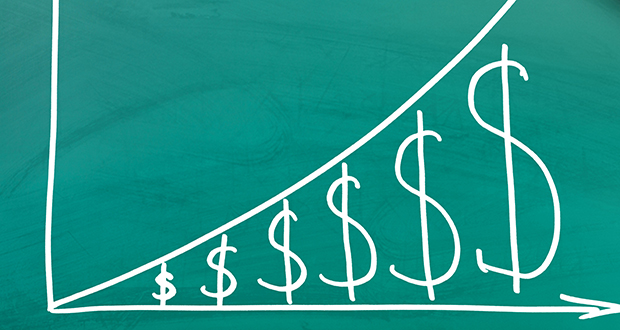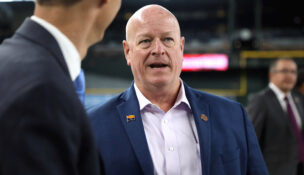‘Top-2’ primary election format goes to U.S. Supreme Court
Arizona Capitol Reports Staff//March 9, 2007//[read_meter]
‘Top-2’ primary election format goes to U.S. Supreme Court
Arizona Capitol Reports Staff//March 9, 2007//[read_meter]
The U.S. Supreme Court will decide whether to let Washington state voters use a “top two” primary-election scheme that, if upheld, could be a model for reformers looking to loosen...
No tags for this post.

















